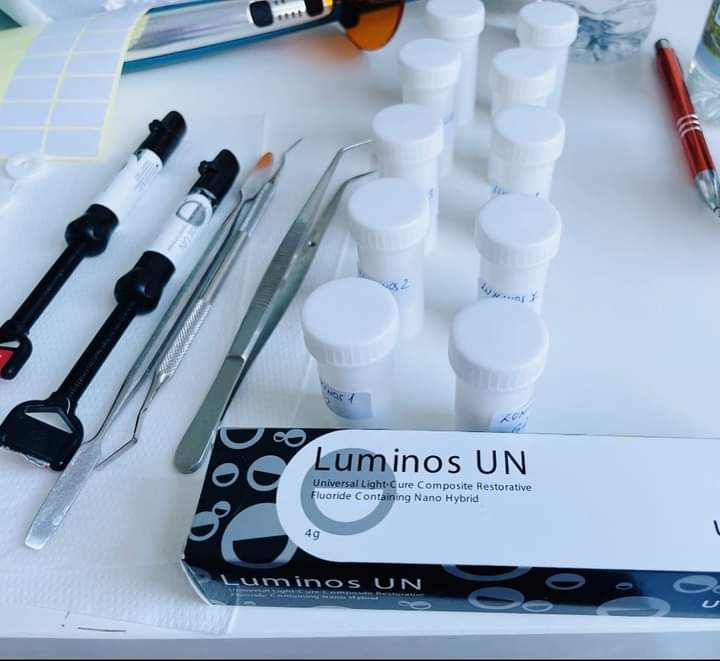
Don’t forget to smile and be happy.

High quality dental care

Don’t forget to smile and be happy.

HPV can infect the mouth and throat and cause cancers of the oropharynx (back of the throat, including the base of the tongue and tonsils). This is called oropharyngeal cancer. HPV is thought to cause 70% of oropharyngeal cancers in the United States.
Dr. Banić

Good evening my dear insta friends Lemon juice, like many fruit juices, is acidic. This means when we drink it, it can cause enamel erosion on our teeth. In fact, the tart substance has a pH level of 2-3, putting it firmly in the realm of acidic drinks. Liquids with a pH level under four have been proven to negatively impact our oral health. Enjoy in moderation.
Dr. Banić

Dr. Banić

Cheese is great for your teeth. Not only does it have high levels of phosphate and calcium, which naturally strengthen teeth and bones, but it also helps balance the pH level in your mouth, which means less harmful acid, more cleansing saliva and fewer cavities.
Dr. Banić

If you are affected by hay fever, it’s even more important to take good care of your oral health. Make sure you brush your teeth at least twice a day and floss once-a-day to protect your teeth and gums. Any persistent toothache should always be investigated, in case your sinuses aren’t causing it.
Dr. Banić

Blueberries, cherries, raspberries, and blackberries all have distinct colors. The dark red, purple, and blue pigments can rub off on your teeth and leave your enamel discolored. Don’t be fooled by a strawberry’s bright red color, though. This fruit actually contains a tooth-whitening property called malic acid.
Dr. Banić

How to achieve a white smile?
What happens during teeth whitening?
If you have your teeth whitened you’ll first need to make 2 to 3 visits to the dental surgery.
The dentist will take an impression of your teeth to make a mouthguard and tell you how to use it with a bleaching gel. Then, using your mouthguard at home, you regularly apply the gel for a specified period of time over a few weeks. Some whitening gels can be left on for up to 8 hours at a time, which can shorten the treatment period.
Laser whitening, also known as power whitening, is another type of teeth whitening system that a dentist can provide. A bleaching product is painted onto your teeth and then a light or laser is shone on them to activate the whitening. Laser whitening takes about an hour.
Dr. Banić

Background radiation continues to be the main component of observed levels of gamma radiation recorded at sites. The observed UK annual radiation dose rate ranges from around 0.5 mSv to 1.0 mSv with an average of less than 0.7mSv.
Dr. Banić

Testing some dental materials with fluoride content. Some of my results were unexpected.
Dr. Banić